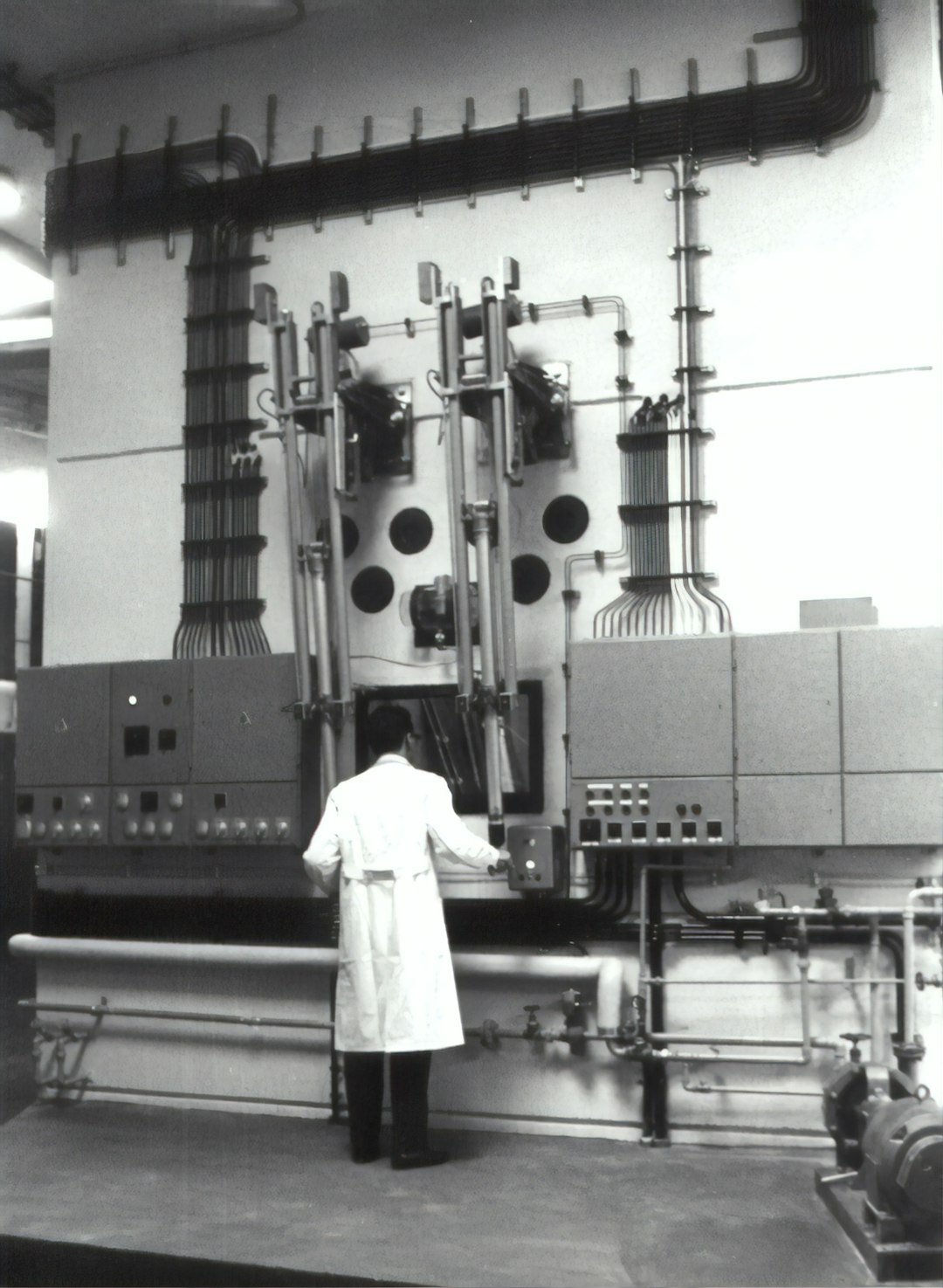The Rise of Smart Factories
In recent years, we have witnessed a significant evolution in the world of manufacturing with the rise of smart factories. These high-tech facilities are revolutionizing the way products are made, offering increased efficiency, flexibility, and connectivity. Smart factories are paving the way for the fourth industrial revolution, also known as Industry 4.0, by integrating advanced technologies such as artificial intelligence, Internet of Things (IoT), robotics, and big data analytics into the manufacturing process.
One of the key features of a smart factory is the use of IoT devices to connect machines, sensors, and other equipment to a centralized system. This allows for real-time monitoring and control of the production process, enabling manufacturers to optimize their operations and respond quickly to any issues that may arise. For example, sensors can be used to track the performance of machines, detect potential faults before they occur, and schedule maintenance proactively to minimize downtime.
Artificial intelligence is another critical component of smart factories. By leveraging machine learning algorithms, manufacturers can analyze vast amounts of data to identify patterns, predict outcomes, and make informed decisions. This enables them to optimize production schedules, improve product quality, and reduce waste. AI-powered autonomous robots can also perform repetitive tasks with precision and speed, freeing up human workers to focus on more complex and creative tasks.
Furthermore, big data analytics plays a crucial role in smart factories by providing valuable insights into the manufacturing process. By collecting and analyzing data from various sources, manufacturers can gain a better understanding of their operations, identify inefficiencies, and make data-driven improvements. For example, predictive analytics can help anticipate demand trends, optimize inventory levels, and streamline supply chain management.
The benefits of smart factories are numerous and far-reaching. By leveraging advanced technologies, manufacturers can achieve higher levels of productivity, efficiency, and cost-effectiveness. They can also enhance product quality, customization, and innovation, as well as respond quickly to changing market demands. In addition, smart factories can improve worker safety, job satisfaction, and overall job performance. By automating routine tasks and empowering employees with real-time data and insights, manufacturers can create a more collaborative and productive work environment.
Despite the many advantages of smart factories, there are also challenges and considerations that need to be addressed. One of the primary concerns is data security and privacy. With the increasing connectivity of devices and systems, manufacturers must ensure that sensitive information is protected from cyber threats and unauthorized access. They must also comply with regulations and standards related to data protection and privacy to build trust with customers, partners, and stakeholders.
Another challenge is the need for skilled workers who can operate, maintain, and optimize the technologies used in smart factories. As manufacturing becomes more digital and automated, the demand for technical expertise in areas such as IoT, AI, robotics, and data analytics is growing. To address this, manufacturers must invest in training and development programs to upskill their workforce and attract new talent with the necessary skills and competencies.
In conclusion, the rise of smart factories is transforming the manufacturing industry and reshaping the future of production. By harnessing advanced technologies such as IoT, AI, robotics, and big data analytics, manufacturers can achieve greater efficiency, productivity, and innovation. While there are challenges to overcome, the benefits of smart factories far outweigh the risks, providing a competitive edge in a rapidly evolving market. As we continue to embrace Industry 4.0, smart factories will play a key role in driving growth, sustainability, and success in the digital age.

